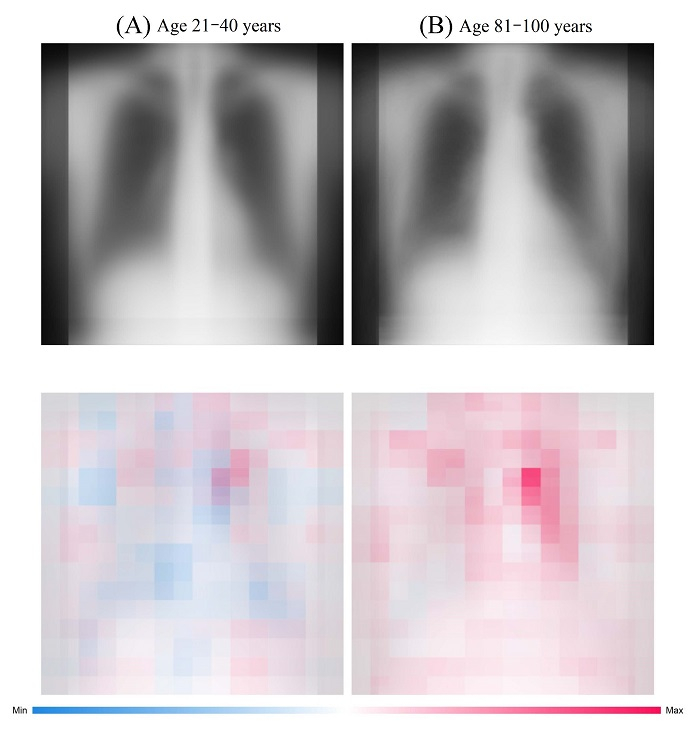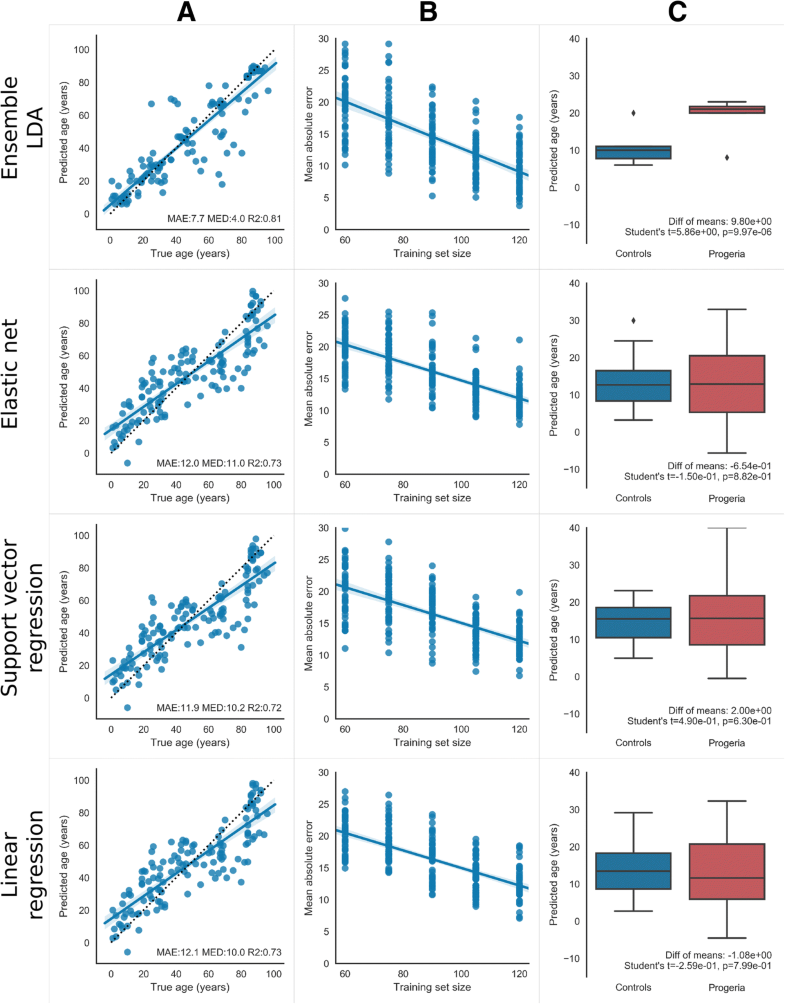
How long a person can stand — on one leg — is a more telltale measure of aging than changes in strength or gait, according to new Mayo Clinic research. The study appears today in the journal PLOS ONE.
Good balance, muscle strength and an efficient gait contribute to people’s independence and well-being as they age. How these factors change, and at what rate, can help clinicians develop programs to ensure healthy aging. Individually, people can train their balance without special equipment and work on maintaining it over time.
In this study, 40 healthy, independent people over 50 underwent walking, balance, grip strength and knee strength tests. Half of the participants were under 65; the other half were 65 and older.
In the balance tests, participants stood on force plates in...
Read More








Recent Comments